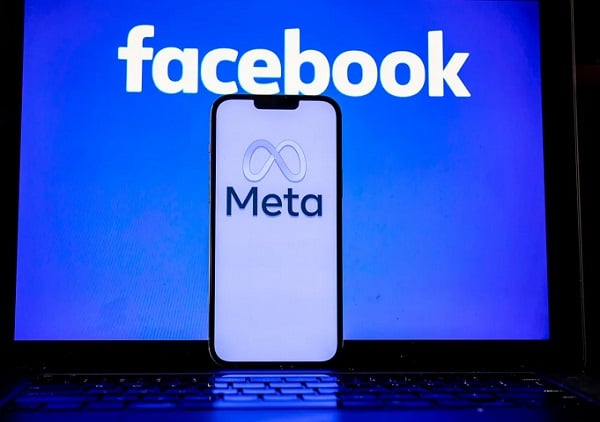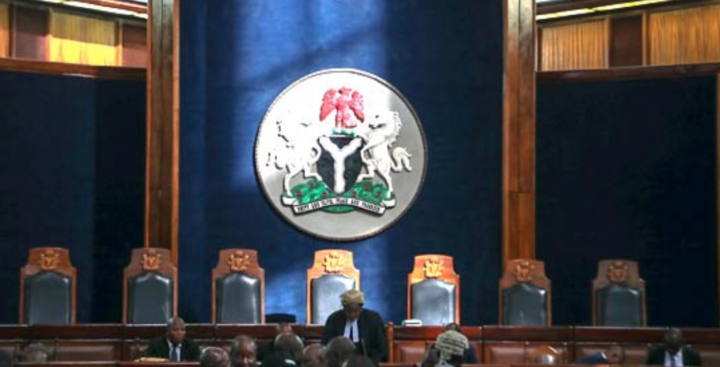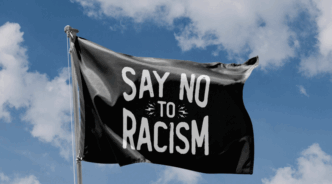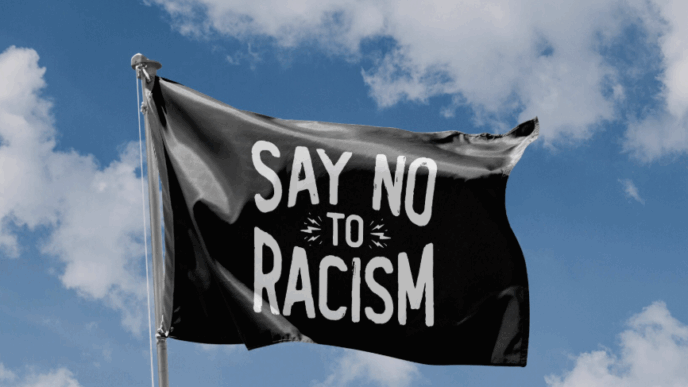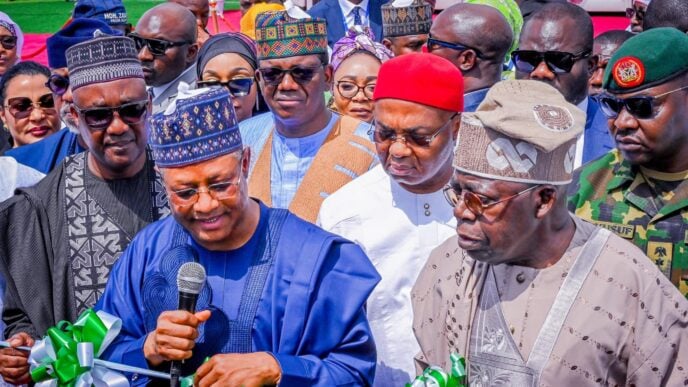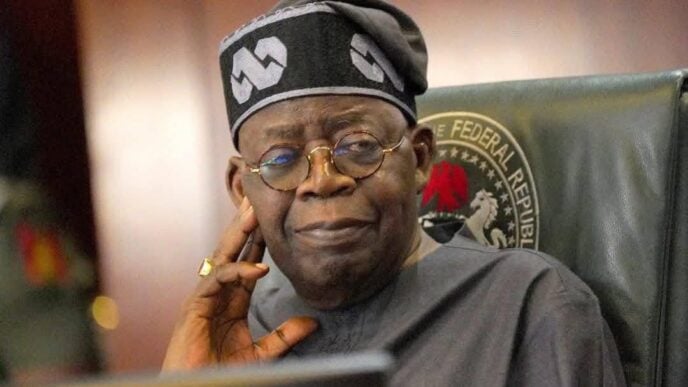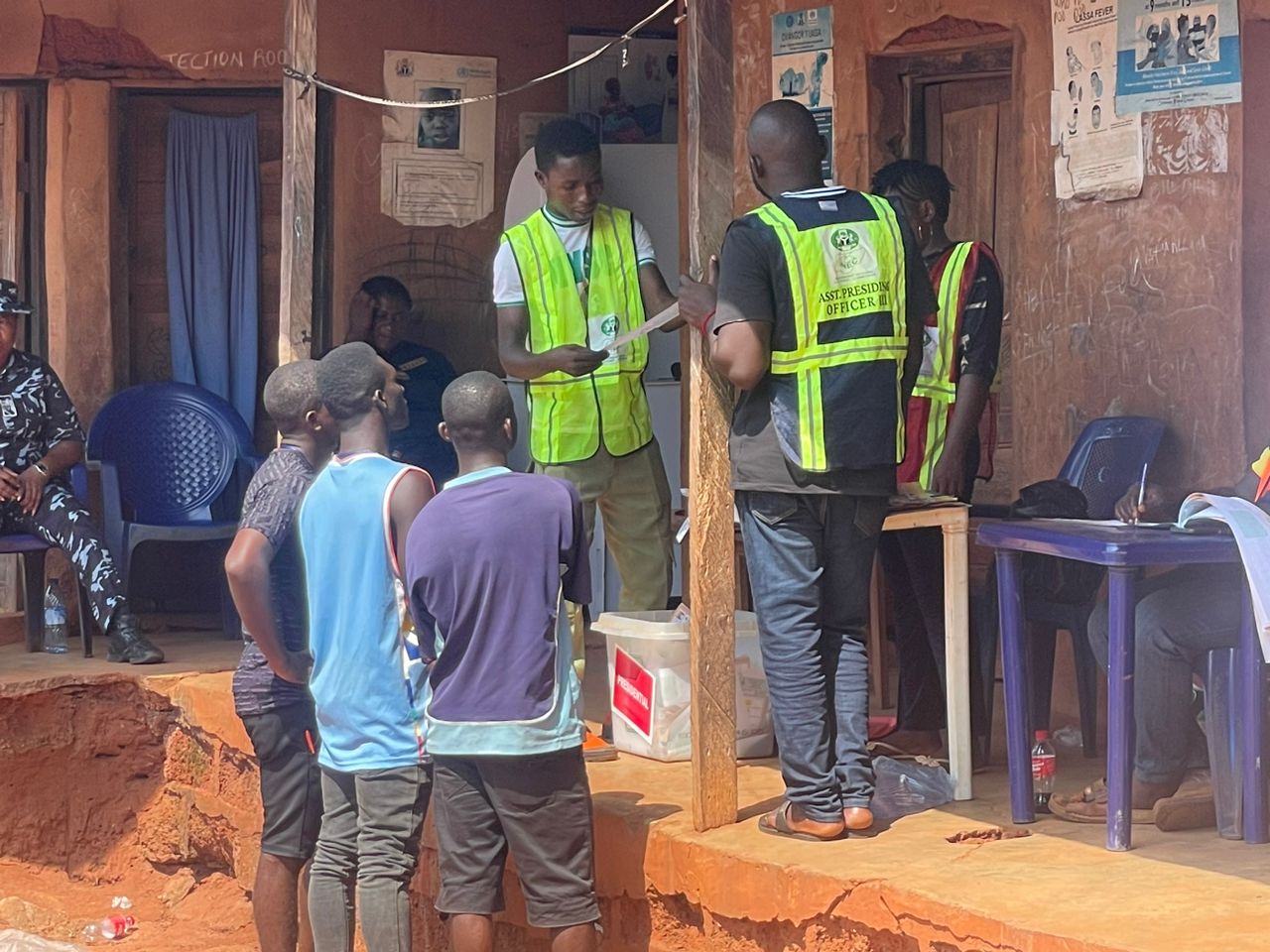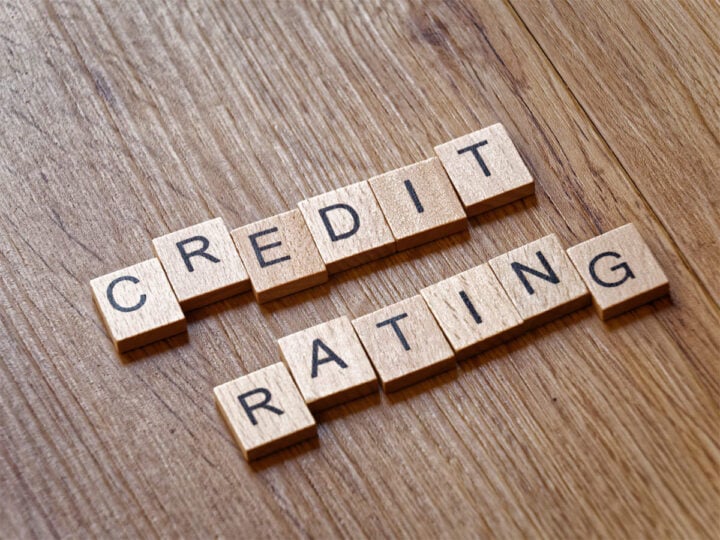BY ABBAS HARUNA IDRIS
In today’s Nigeria, where youth unemployment and inflation press hard on millions, a new form of survival has emerged — one that exists not on factory floors or behind office desks, but on Facebook timelines and Stories. What was once a social space for celebration, reunion, and commentary has evolved — or devolved — into a bustling marketplace of explicit images, sexually suggestive skits, and voyeuristic video clips.
Type “watch till the end” or “don’t judge me” into Facebook’s search bar, and you’re likely to uncover a deluge of semi-nude dancing videos, fake proposal stunts ending in sexually charged scenarios, and shock-value content shared widely by creators hunting virality. The majority of these originate from pages managed in Nigeria by young people desperate for influence, income, or both. Behind the scenes of this soft-porn surge lies a single motivating factor: Facebook monetisation.
Since Facebook introduced its monetisation programs to Nigeria — particularly In-Stream Ads and monetised Reels — an entire sub-industry of content creation has emerged. But as competition stiffens and attention becomes the new oil, creators are increasingly willing to blur ethical boundaries for profit. What matters now isn’t your message or value; what matters is how long people stare — and what they’re willing to stare at.
Advertisement
My today’s article illustrates the uncomfortable intersection between tech algorithms, economic desperation, and collapsing digital ethics, showing how Nigerian creators — often talented and visionary — are being nudged by design into moral compromise. It also contrasts this trend with global examples where creators are succeeding cleanly, and considers how cultural, institutional, and digital reforms might reorient us toward a more ethical online future.
To understand why sexual content now dominates Nigerian Facebook timelines, we must first understand how creators make money on the platform. Meta’s monetisation tools reward creators through: In-Stream Ads: Revenue from short ads that appear in between or before video content. Stars: Virtual gifts from followers during livestreams. Reels Bonuses: Incentives for creators producing popular short videos. And subscriptions and brand collaborations: Monthly income from fans or external sponsorships.
While only some of these are fully available in Nigeria, In-Stream Ads and Reels are widespread and accessible — and they rely heavily on engagement metrics like: Number of followers (10,000+), total video watch time (600,000 minutes over 60 days), regular uploads (5 active videos minimum). The key point here is that watch time, comments, likes, and shares all drive visibility and, eventually, income.
Advertisement
But not all content gets watched equally. Facebook’s algorithm, designed to maximise user retention, prioritises content that is emotionally triggering or visually gripping. In Nigeria — where conservative norms coexist with an increasingly online generation — content that plays with sexual suggestion, humour, and curiosity performs disproportionately well.
As a result, creators are learning that a video with a young woman “accidentally” revealing her cleavage or a fake argument turning romantic can outperform a well-researched video on student loans or agriculture tips. The platform, unintentionally or otherwise, rewards indecency — not through explicit endorsement, but through design.
While in-feed videos undergo more rigorous moderation (at least in theory), Facebook Stories remain an under-policed grey zone. Stories — those 24-hour photo/video posts — were originally designed for casual life updates. Today, however, they are being weaponised by creators who use them to: post sexually suggestive thumbnails, promote Telegram groups with actual pornographic material, share clips from third-party adult content disguised as “relationship drama”, and tease private chat access for paid subscriptions.
And because they disappear within 24 hours and aren’t always subjected to algorithmic review or community reporting, Stories offer plausible deniability and minimal moderation. Many creators now use a bait-and-switch model: upload a “safe but seductive” story, build curiosity using captions like “She removed everything”, and redirect viewers to a Telegram link, Google Drive, or paywall platform. This approach not only skirts Facebook’s rules but exposes underage users to explicit material and creates a shadow adult economy — one that Meta rarely addresses in public forums.
Advertisement
Who are these creators?
Contrary to assumptions, these aren’t just anonymous scammers or adult entertainers. Many of them are: campus students with social media savvy, unemployed graduates trying to monetise their phone data, TikTok migrants who reuse their sexualized skits for Facebook and former clean-content creators who couldn’t grow an audience organically.
For example, a once-popular Facebook page that shared inspirational quotes and Bible verses has now pivoted to sharing skits of “couples caught cheating.” Why? Because the quotes weren’t paying the bills, but staged relationship betrayals with dramatic slap scenes get views, and views convert to money.
A 23-year-old creator from Enugu, who spoke on condition of anonymity, admitted:” I started with motivational content. But I had to change. People don’t want wisdom — they want drama and body. If I show skin or pretend to be in a fight with my girlfriend, I get triple the reach”.
Advertisement
Furthermore, one cannot entirely blame the creators without addressing the structural pressures placed on them by Facebook’s very design. Facebook’s algorithm is built on addiction science — it measures engagement (not quality), and it uses machine learning to push content that keeps people scrolling.
In developed countries, this already fuels fake news, hyper-partisan content, and disinformation. But in Nigeria, where digital literacy is lower and regulation is almost non-existent, the same algorithm morphs into an enabler of: In developed countries, this already fuels fake news, hyper-partisan content, and disinformation. But in Nigeria, where digital literacy is lower and regulation is almost non-existent, the same algorithm morphs into an enabler of sexual exploitation, underage visibility abuse, and cyberbullying of women whose private videos are leaked and re-shared.
Advertisement
If Meta invested in locally contextualised content moderation in Nigeria the same way it does in the United Kingdom, Germany or the U.S., these videos wouldn’t survive long. But moderation teams are often under-resourced in Africa — and the platform’s top concern remains ad revenue, not content integrity.
In the offline world, Nigeria celebrates the hustler spirit. From roadside vendors to tech startup founders, those who “find a way” are praised — even if the way bends morality. That same spirit now drives digital behaviour. Facebook creators argue: Facebook creators argue: “Is it not better than Yahoo Yahoo?”, “At least I’m not stealing.”, This is just entertainment; they don’t have to watch.” These justifications reflect a broader societal failure — where the line between survival and self-exploitation has blurred.
Advertisement
What do you think will be the danger? It creates a generation of creators — especially young women — who see self-objectification as a strategy. And young men, seeing what performs, replicate the same tactics — or worse, begin to view women as tools for traction.
While Nigerian Facebook creators chase attention through titillation, their counterparts in Europe and North America have proven that dignity pays — and it pays well.
Advertisement
Take Zach King, for example — a U.S.-based illusionist and content creator who makes short magic videos that wow audiences without a hint of vulgarity. With over 25 million followers and consistent 6–7-figure brand deals annually, he earns from: Facebook in-stream ads, sponsored content and merchandise and YouTube. His content is watched by kids and adults alike. That family-friendly appeal makes him highly monetizable.
Or consider Nas Daily (Nuseir Yassin) — a Harvard graduate turned global storyteller. He creates minute-long documentaries about people and places across the world. With over 20 million followers, he has never needed to use clickbait sexuality to thrive. His brand partnerships with fintechs, travel platforms, and global NGOs are a testament to the trust that clean content builds.
Another is Khaby Lame, the Senegalese-Italian star who silently mocks overcomplicated “life hacks.” He became the world’s most followed TikToker — and his Facebook page mirrors this. No foul language. No nudity. Just visual humour. Now he endorses major brands like Hugo Boss and Binance.
Even edgier creators like the UK’s Niko Omilana, who does political satire and social experiments, understand the balance between controversy and decency. His content avoids sexual tropes — and he still earns millions through ads, YouTube, and merchandise. The common denominator here is long-term thinking. These creators know that sex may trend today, but brands seek stability, trust, and audience safety. They build careers — not clout.
Let’s bring it closer to home. Not every African content ecosystem mirrors Nigeria’s descent into indecency. In fact, countries like Ghana, Kenya, and South Africa are navigating monetisation with far more ethical consistency.
Ghana
Content creators like Kwadwo Sheldon and Wode Maya focus on satire, travel, and African stories. While they sometimes dabble in irreverence, their videos are generally informative, community-building, and brand-safe. Wode Maya, for instance, documents positive stories of African innovation. He’s received sponsorships from Pan-African banks and development agencies — proof that uplifting content has economic value.
Kenya
Kenya’s creators have grown steadily through skits, tech education, and lifestyle vlogging. Thee Pluto, Jalang’o, and Mungai Eve built massive Facebook and YouTube followings — not through explicit visuals but through youth-focused storytelling and interviews. There’s a growing moral pushback in Kenya against adult-style content, especially as religious and civil groups actively call out indecent videos. This cultural resistance has helped keep digital morality from eroding completely.
South Africa
South Africa’s diverse creator space includes everything from dance content to local comedy. While the country struggles with adult content proliferation like Nigeria, there’s more active brand regulation — advertisers penalise pages with sexual themes by pulling out sponsorships. Meta’s South African operations also have slightly more moderation investment, given the market’s digital maturity.
Here lies the deepest irony of all: Nigeria is arguably the most religious country on the African continent. Mosques and churches abound. National life pauses for prayer. Politicians invoke God in campaign slogans. And yet, on Facebook — a supposedly public space — the same citizens like, share, and celebrate content that openly contradicts their proclaimed values.
We see: Muslim influencers posting sexually suggestive dance skits, Christian women using Bible verses in the morning and “hot content” in the afternoon and youth who preach abstinence on campus WhatsApp groups but trade seductive videos in DM. This contradiction suggests a growing crisis of digital ethics — a place where values are suspended in cyberspace, and consequences feel optional.
It also reflects a larger failure of spiritual institutions to engage digital behaviour meaningfully. Sermons rarely mention online conduct. Youth ministries don’t educate about monetisation traps. The digital domain remains unclaimed — and so, indecency thrives. Until Nigerian religious leaders integrate digital moral teaching into their theology — not just as sin, but as socio-economic choices — there will be little reform.
Why does Meta (Facebook’s parent company) allow this kind of content to thrive so visibly in Nigeria? The answer lies in region-based moderation and economic incentives. In the West, Meta faces government pressure to monitor nudity, hate speech, and misinformation. There are clear laws, lawsuits, and watchdog groups. Advertisers demand brand safety — and enforce it.
In Nigeria and much of Africa, there are no strong regulatory frameworks for digital conduct, content moderation is understaffed, sometimes outsourced with limited local context, and Meta sees lower ad spend per user, meaning there’s less business urgency to enforce rules.
Creators quickly learn the loopholes: post sexualized content in Stories, which are less moderated, use alternative spellings to dodge AI (e.g., “twerk” as “tw3rk”) and combine humour with nudity to create plausible deniability. Even when explicit content is flagged, many creators simply create another page and resume business as usual. Until Meta is forced to prioritise African digital safety, these problems will persist — and worsen.
Beyond the money, there are serious hidden costs:
Mental Health Strain: Young women, in particular, experience burnout, anxiety, and depression. They become hyper-focused on appearance, obsess over filters, and tie their self-worth to numbers.
Gender Stereotyping and Harassment: Creators who post provocative content attract large numbers of men who then inbox them sexually explicit messages, screenshots, and even payment requests for nudes. Many women feel forced to engage or block hundreds weekly.
Impact on Younger Audiences: Because content is public and often shared, children and teenagers are exposed to adult themes early. For many, Facebook becomes their first experience of sexuality — delivered without guidance or context. This growing exposure risks long-term distortions in the perception of gender roles, consent, and relationships.
Cultural Erosion: What began as jokes or “trending content” is gradually normalising digital eroticism as a lifestyle. It desensitises society to vulgarity, reinforces double standards, and weakens cultural values of dignity and respect.
We cannot ban the internet, nor stop all indecency. But we can begin to rebalance the incentives that lead creators toward ethical compromise.
For Meta (Facebook’s Parent Company)
Invest in region-specific content moderation. Nigeria is not America. Context matters. Meta must hire and train local reviewers. Flag explicit Facebook Stories the same way it moderates Reels. Demonetise soft porn systematically and clearly define what violates monetisation standards. Promote clean creators in Nigeria with bonuses and partnerships. Introduce country-level digital wellness programs that educate on safe, dignified content creation.
For the Nigerian Government
Update the National Broadcasting Code to include digital platforms and influencers. Encourage media literacy campaigns in schools and campuses. Set up a Digital Ethics Task Force with representation from civil society, religious bodies, creators, and tech firms. Collaborate with Meta to develop local content guidelines rooted in Nigerian law and culture.
For Content Creators
Choose longevity over likes. Study clean content strategies. Be transparent with your audience. Don’t manipulate them into views. Remember: Your digital footprint never disappears. Collaborate with others who value integrity — you rise by what you’re associated with.
For Parents, Educators, and Religious Institutions
Have real conversations with youth about what they consume and what they create. Host workshops on ethical content creation and monetisation. Incorporate digital morality into sermons, classroom teaching, and youth fellowships. Treat online life with the same seriousness as offline conduct.
For Viewers and Followers
Unfollow and stop engaging with exploitative content. Support creators who build quality, informative, funny, or artistic videos. Report content that violates Facebook’s nudity or sexual content policies. Demand better from platforms and creators alike.
When the internet first arrived in Nigeria, it was welcomed as a tool of liberation. It promised connection, income, and influence. But today, those same promises are slowly poisoning the soul of a generation. When indecency becomes the fastest path to success, we must ask: What does it say about the system? And what does it say about us?
There’s still time to shift this trajectory. But it requires courage from creators, accountability from platforms, and clarity from institutions. We need a new generation of digital influencers — not just in fashion or comedy, but in ethics, values, and vision. Creators, your value is not in your body. It’s in your voice. Use it wisely.
Abbas Haruna Idris is a Nigerian writer. He writes from Kwarbai, Zaria City. His work examines the intersection of digital economies, morality, and youth culture across Africa. He can be reached at [email protected]
Views expressed by contributors are strictly personal and not of TheCable.
